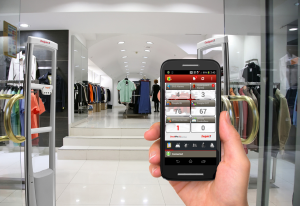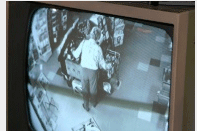S ince you are in the middle of your Christmas selling season and do not have much spare time I wanted to give you a very brief list of important shoplifting prevention tips:
ince you are in the middle of your Christmas selling season and do not have much spare time I wanted to give you a very brief list of important shoplifting prevention tips:
- Impulse, amateur and professional shoplifters are all deterred by customer service. If you suspect shoplifting, pour on the customer service. They will get the message.
- Shoplifters tend to hit when you are busy and not paying attention. Do not give them the opportunity, they will exploit it.
- Some shoplifters work in teams. One person will distract as many of your staff as they can allowing their partners time to steal.
- Greet EVERYONE who enters your store! Well, established studies have shown that a solid verbal greeting such as “Welcome to XXXX” WITH brief eye contact will deter most impulse shoplifters.
- If you see or suspect a person has concealed your merchandise, customer service them “to death”. Try one of these:
- “May I help you?”
- “Can I show you a _____________ to go with (concealed item)”?
- “Can I hold (concealed item) for you at the register?”
- “Will this be a charge or cash sale?”
- “May I ring this purchase for you?”
- At checkout EVERY CUSTOMER should be asked, “Is there anything else”. There are 2 very good reasons for this question:
- Legitimate customers may remember an item they forgot. Can you say “add on” sale!?!
- Impulse and amateur shoplifters may feel anxious or guilty about what they have done. Or they may fear that you know or saw them and produce a concealed item.
I hope this helps you this season. Please let us know, if we can assist you. FYI Checkpoint Systems has just released the new N10 EAS system that fits on your door frame. We have it! It is an awesome system at an awesome price.
Happy Holidays!









